20+ Years Experience
Specialist Education Providers

As a parent or caregiver, you want to ensure that your child develops essential movement skills in their early years. These skills not only promote physical health but also lay the foundation for future sports and activities.
With so many options and information available, it can be overwhelming. So, where do you start? Let us guide you through the basics of teaching fundamental movement skills for children.
Integrating these activities into the daily routine can foster physical literacy and keep young children physically active, supporting their overall development.
Cognitive development in children is crucial for physical literacy and overall growth. The school environment plays a vital role in building blocks fostering cognitive skills through activities that engage the mind and body.
Encouraging active children to participate in games, puzzles, and movement-based learning enhances their cognitive abilities, preparing them for future academic and physical challenges.
Pro-tip: Incorporate interactive games and exercises in daily routines to stimulate cognitive development while promoting active children.
Social and emotional development is essential for children, in addition to physical education and literacy. Participating in group activities promotes teamwork, empathy, and communication skills.
Encouraging active children to engage in team sports or creative group tasks strengthens their emotional resilience and social competence.
Promoting diverse social interactions is crucial for children to develop a strong foundation for lifelong emotional well-being. Suggestions include:
Pro-tip: Encourage consistent practice and praise efforts to help children develop a love for physical literacy and fundamental movement skills.
Encouraging stability skills in children is essential for building their basic movement skills, fostering physical literacy, and laying the foundation for a lifelong commitment to a healthy, active lifestyle.
When teaching basic movement skills to children, it is important to break down each skill into simple steps in order to promote physical literacy.
Locomotor Skills:
Object Control Skills:
Repetition is essential in mastering fundamental movement skills and promoting physical literacy.
The lack of physical activity among children is a growing concern, impacting their physical literacy and overall health. Encouraging a healthy lifestyle through regular exercise, sports, and outdoor activities is crucial to addressing this issue and promoting physical literacy.
When addressing limited access to equipment and space for physical literacy, it is important to focus on adaptable activities that require minimal equipment and space, while also maximizing the use of available resources.
These activities should incorporate fundamental movement skills and recreational activities such as running, jumping, and throwing, which can be done with limited equipment and space. This will encourage the development of physical literacy despite any limitations.
Children’s fear of failure can hinder the development of basic movement skills, impacting their physical literacy. Encouraging a supportive environment where mistakes are seen as part of learning can help build resilience and confidence.
Practicing basic movement skills in a non-judgmental setting can alleviate the fear of failure and promote a positive attitude towards physical activities.
Encouraging a positive and supportive environment is essential in developing physical literacy in children. By giving constructive feedback and celebrating their progress, children are encouraged to enhance their fundamental movement skills. Moreover, creating a supportive atmosphere where children can freely explore new activities is crucial for their overall development.
Encouraging positive reinforcement and support from parents, teachers, and peers can greatly increase a child’s confidence and enthusiasm for physical activities.
Fundamental Movement Skills are the simplest moves that we can make and then built up into more complex ones. They are key to ensuring a lifelong involvement in physical activity and sport and can be divided into three categories: locomotion, stabilisation, and manipulation.
Fundamental Movement Skills are important because they form the basis of our physical literacy and help us to develop and maintain a healthy lifestyle into adulthood.
They also serve as a foundation for learning more complex skills later on.
Physical literacy is based on Fundamental Movement Skills, so the development of Fundamental Movement Skills is crucial for our overall physical wellbeing. These skills help us to move, balance, and manipulate objects effectively, reducing the risk of injury and promoting a healthy, active lifestyle.
By our early childhood educators teaching children fundamental movement skills effectively, we are giving them a head start in their physical development.
Biologically, we all develop basic movement skills, but by teaching them early on, we are setting them up for success and making it easier for them to learn more complex skills in the future.
Research has shown that physically active children are more likely to have better life outcomes. This includes achieving higher exam results, having higher self-esteem, and being healthier, less medically dependent adults.
Schools can support physical literacy by providing a well-rounded outdoor play environment that encourages and nurtures fundamental movement skills.
This can include having a variety of equipment for climbing, balancing, and manipulating objects, as well as creating designated areas for running and imaginative play.




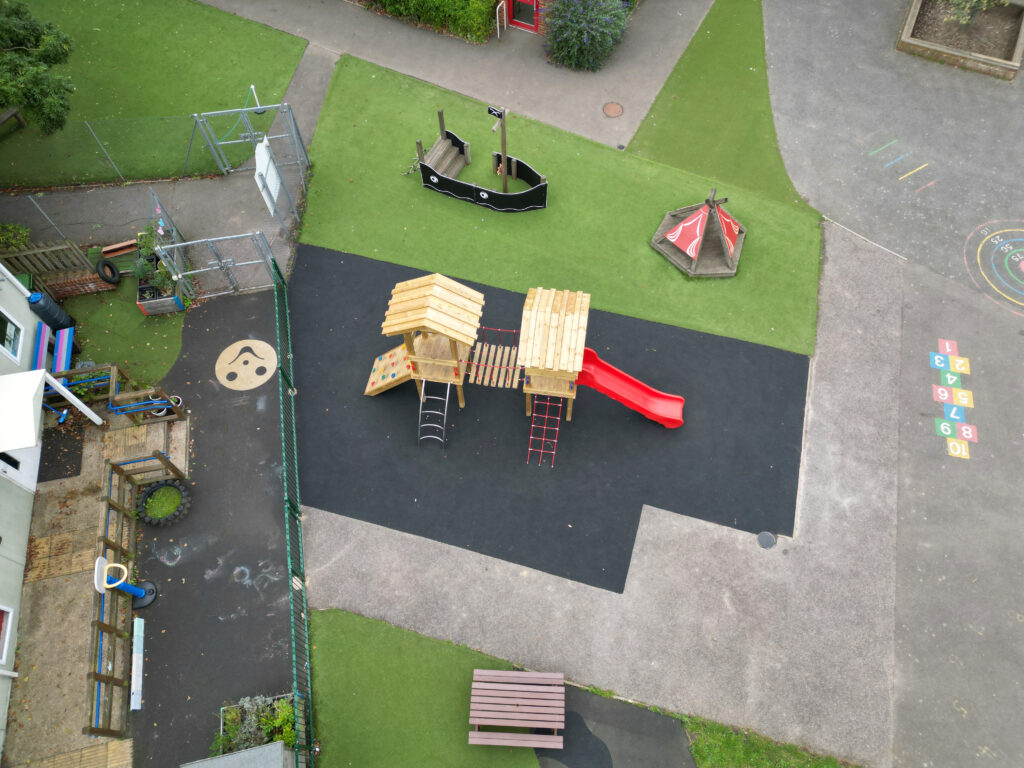

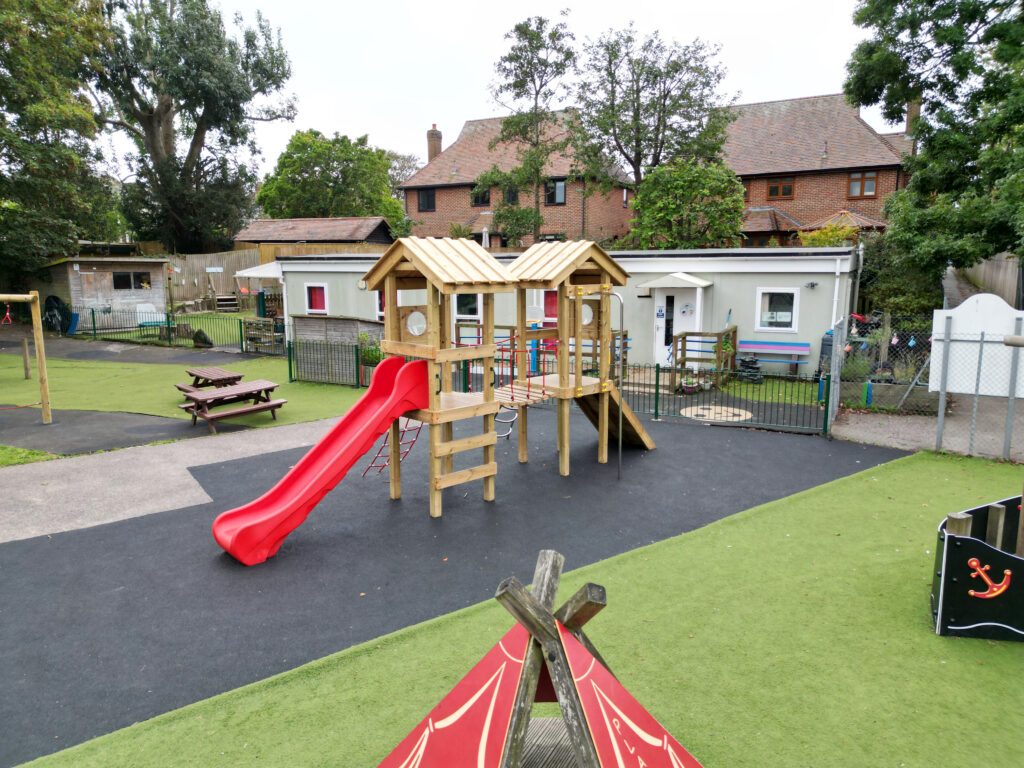
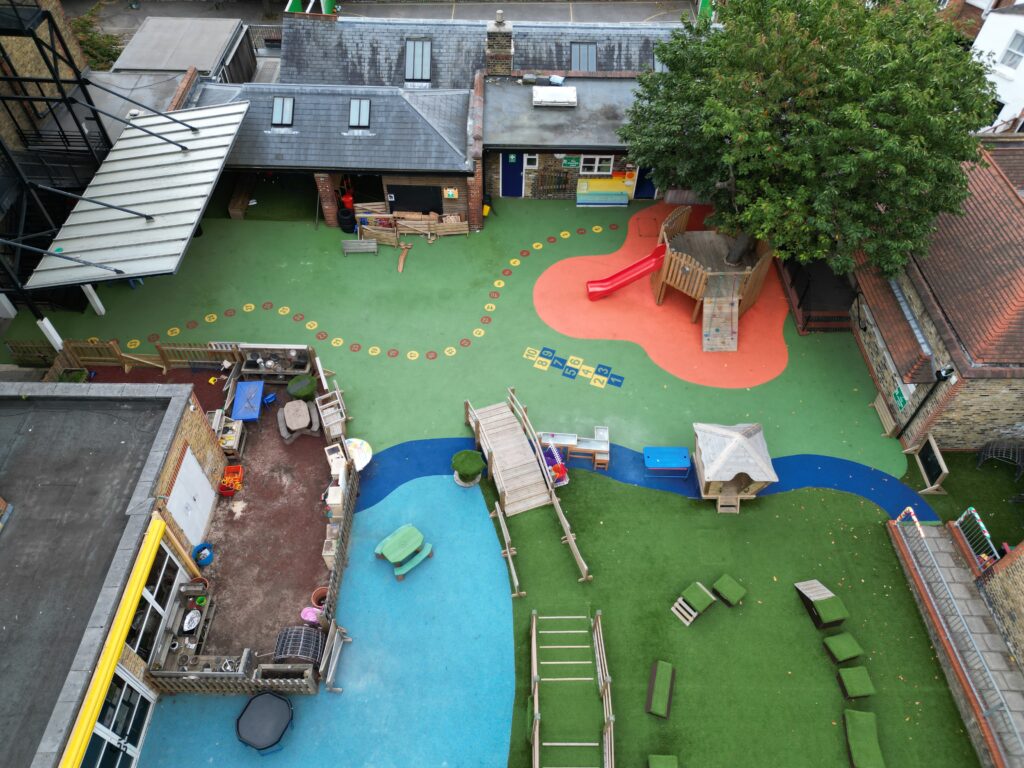






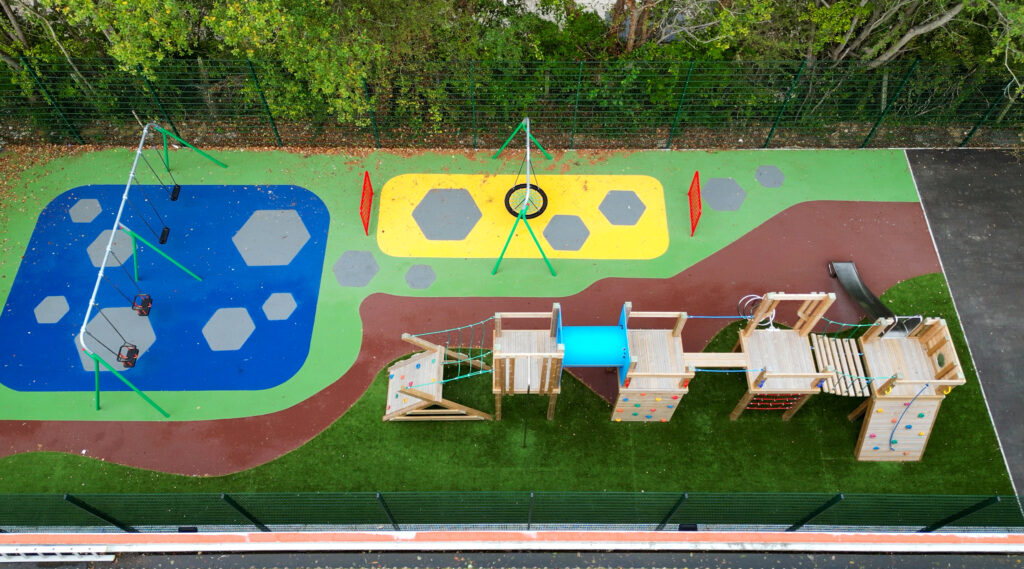










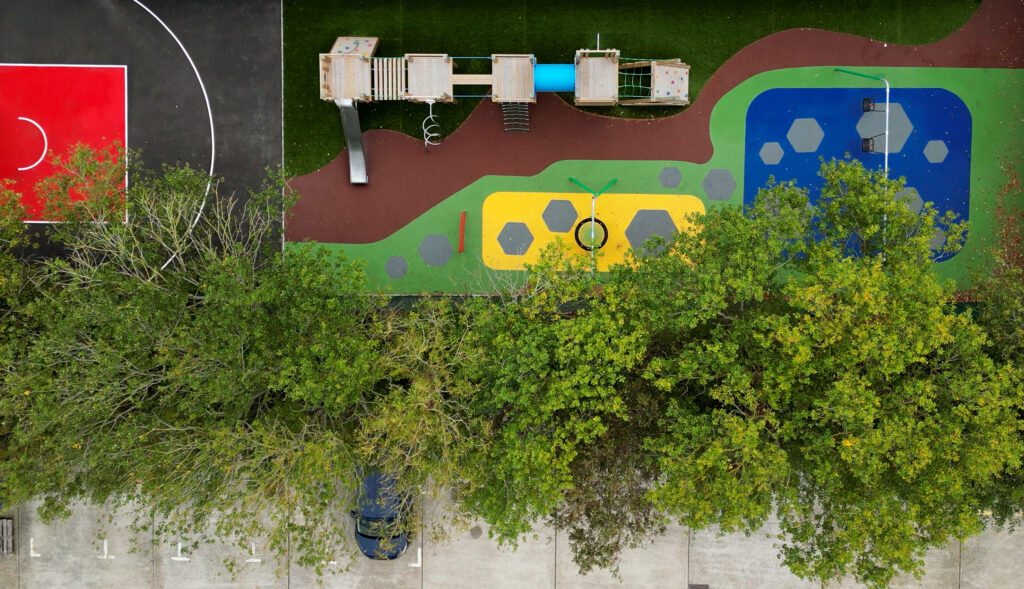









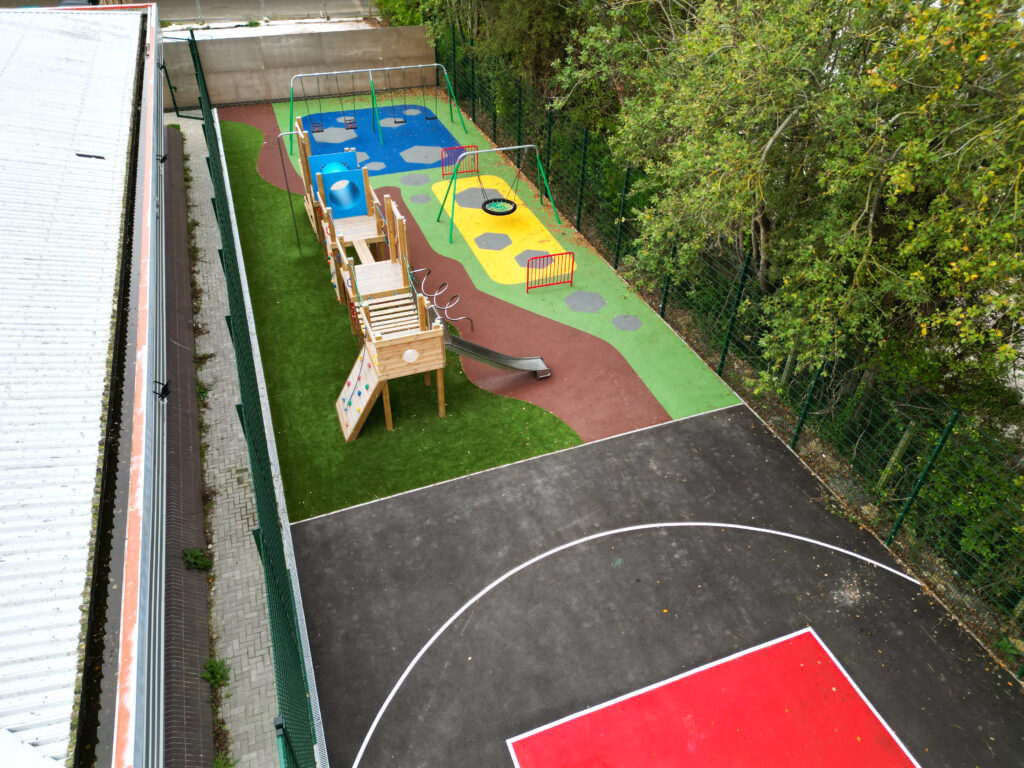



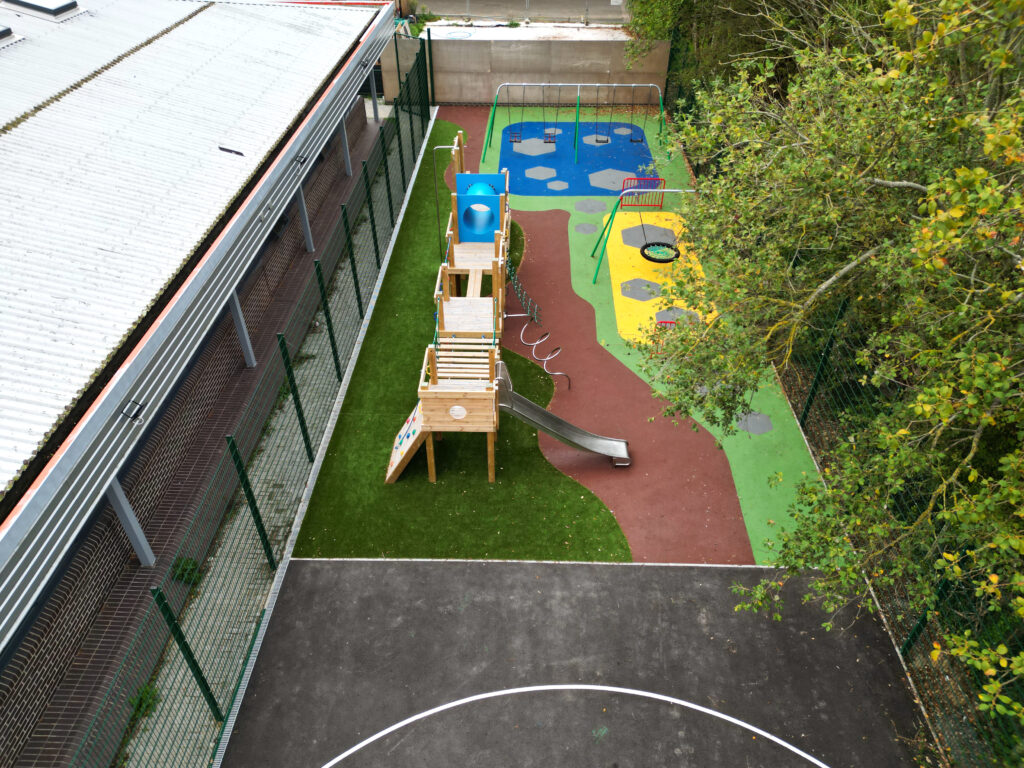







We Aim To Reply To All Enquiries With-in 24-Hours